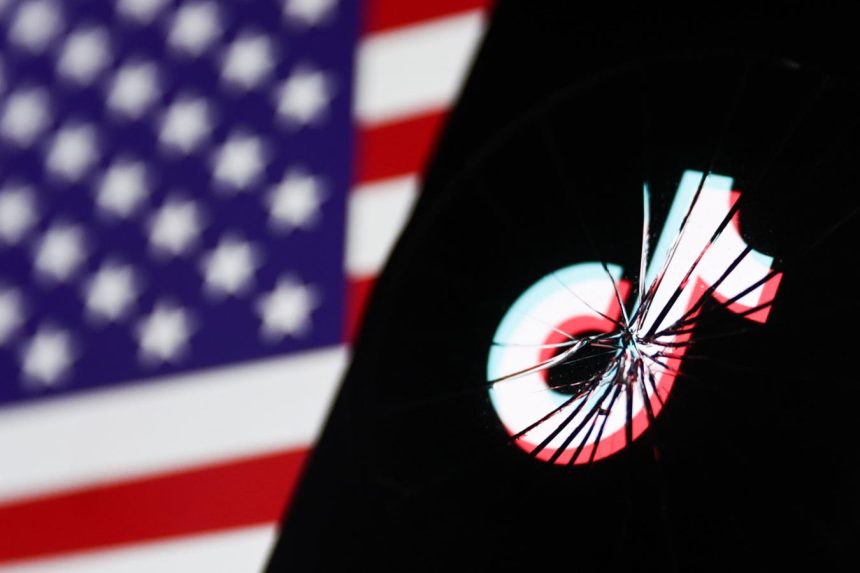The looming threat of a TikTok ban in the United States casts a long shadow over the digital landscape, poised to disrupt a vibrant ecosystem that has redefined marketing, entertainment, and cultural exchange. The potential ramifications extend far beyond the app itself, impacting small businesses, content creators, major brands, and the very fabric of youth culture. TikTok, in its relatively short lifespan, has become deeply intertwined with the online experience, and its disappearance would leave a substantial void.
For small businesses, TikTok has served as a democratizing force, offering a unique opportunity to connect with vast audiences without the constraints of traditional marketing budgets. The platform’s algorithm, which prioritizes engaging content over follower count, has leveled the playing field, allowing small ventures to compete with established giants. A ban would sever this crucial lifeline, forcing these businesses to navigate the more treacherous and expensive terrain of alternative marketing channels. Many, especially those who have built their entire customer base on TikTok, face a precarious future, struggling to replicate the organic reach and direct engagement the platform provides. From the local bakery showcasing its latest creations to the independent artist finding their audience, the potential loss represents a significant setback for small business entrepreneurship.
Content creators, for whom TikTok is often a primary source of income and creative expression, face perhaps the most immediate and devastating consequences. The platform’s monetization features, including brand partnerships, live-streaming gifts, and the emerging TikTok Shop, have enabled countless individuals to forge viable careers from their passions. A ban would abruptly halt this revenue stream, leaving creators scrambling to rebuild their presence on other platforms. However, no other platform offers the same potent combination of discoverability and user engagement that has fueled TikTok’s meteoric rise. The challenge of replicating the virality and organic growth achieved on TikTok is daunting, potentially forcing many creators to start anew in a less favorable environment. Influencer marketing agencies, deeply invested in the TikTok ecosystem, also face significant upheaval, as their expertise and established networks become suddenly less relevant.
Major brands, too, have recognized TikTok’s power, leveraging its unique ability to connect with younger audiences. From viral challenges to innovative storytelling, companies have invested heavily in building authentic relationships with Gen Z and millennials on the platform. A ban would necessitate a rapid and costly reallocation of resources to alternative channels, which may not offer the same level of engagement or reach. Beyond the logistical challenges, brands risk damaging carefully cultivated relationships with their target audiences, potentially eroding trust and brand loyalty. The loss extends beyond a single marketing tool; it represents the dismantling of a dynamic ecosystem where brands and creators collaborate to shape cultural trends and drive viral moments.
The impact on youth culture is perhaps the most profound and far-reaching consequence of a potential ban. TikTok has become more than just an entertainment platform; it’s a space for self-expression, community building, and social activism. Trends originating on TikTok frequently ripple outward, influencing music, fashion, language, and even political discourse. The platform provides a unique voice to younger generations, often bypassing traditional media gatekeepers. A ban would disrupt this vital cultural hub, depriving young people of a crucial outlet for connection and creative expression. While other platforms may attempt to fill the void, they lack the specific blend of algorithmic discovery and user-generated content that has made TikTok a breeding ground for emerging subcultures and viral trends.
The uncertainty surrounding TikTok’s future underscores the critical importance of diversification for businesses, creators, and brands. Over-reliance on any single platform carries inherent risks, and the current situation serves as a stark reminder of the need for adaptable strategies. Exploring alternative social media channels, investing in owned media such as websites and email lists, and developing multi-platform content strategies are crucial steps in mitigating potential disruptions. The lesson from TikTok itself is clear: adaptation is not merely an option, but a necessity in the ever-evolving digital landscape.
A TikTok ban in the US would represent a seismic shift, with lasting repercussions across the digital sphere. The platform has become deeply embedded in the fabric of online life, and its sudden removal would leave a gap that no other platform could readily fill. While legitimate security concerns must be addressed, it is equally crucial to consider the broader economic, cultural, and human costs of such a decision. The ongoing debate highlights the complex interplay between technology, culture, and policy, and the far-reaching consequences of decisions made in the digital realm. The future of online engagement, creative expression, and digital commerce hangs in the balance, and the outcome will undoubtedly shape the online landscape for years to come.



